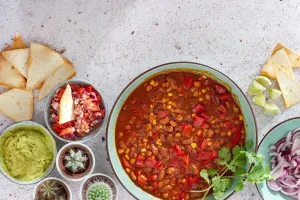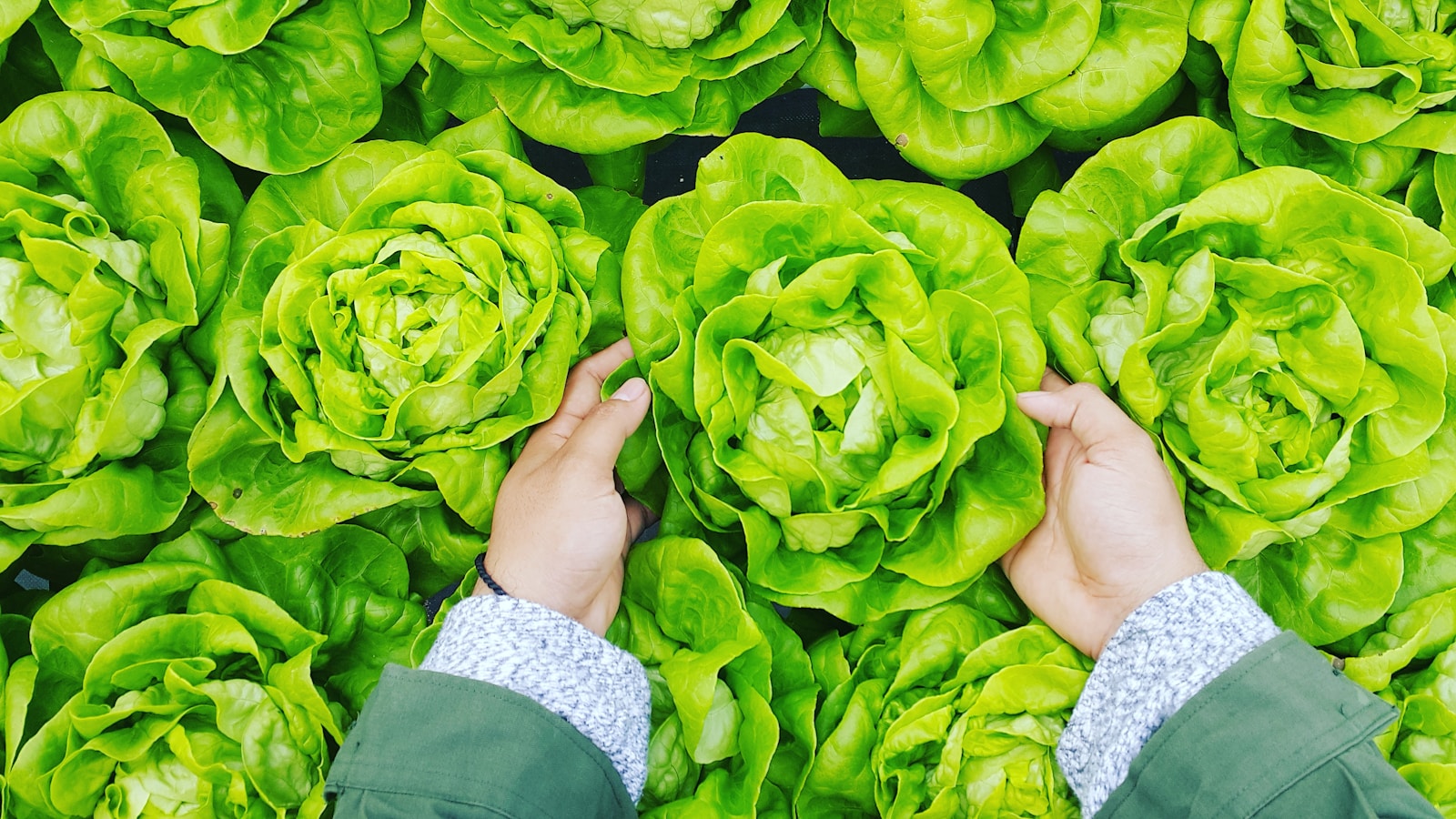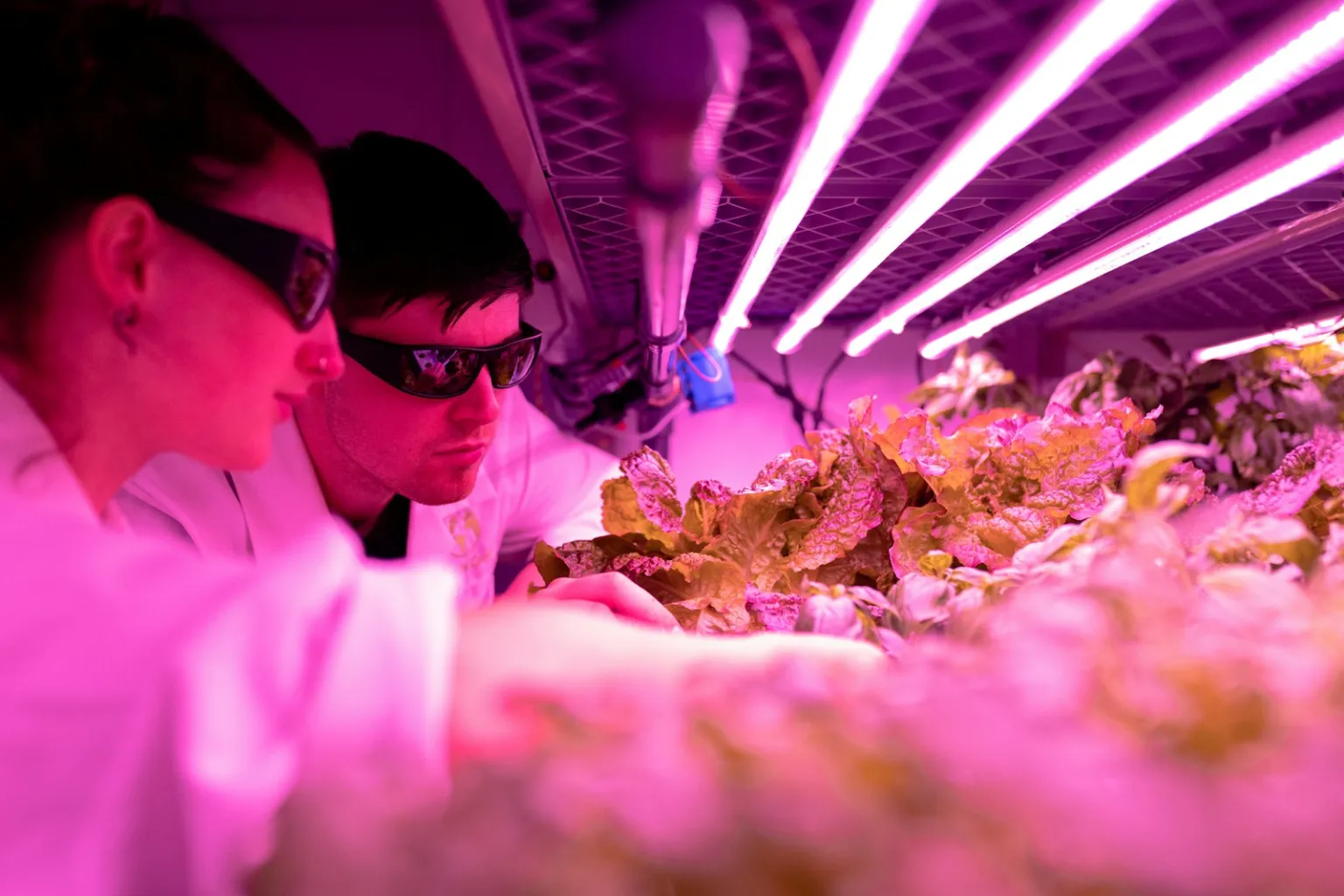Introduction: Powering Your Muscles with Plants
Building muscle on a vegan diet is not only possible but can also be incredibly effective. The key is to know where to find the best plant-based proteins that support muscle growth and repair. Here are the top 10 vegan protein sources to fuel your strength training and help sculpt your physique.
1. Lentils
Packing about 18 grams of protein per cooked cup, lentils are a powerhouse for muscle building. They’re also rich in fiber and micronutrients, making them a perfect post-workout meal ingredient.
2. Chickpeas and Most Beans
With around 15 grams of protein per cooked cup, chickpeas, black beans, and kidney beans offer substantial protein, fiber, and essential nutrients. They’re versatile and can be added to a variety of dishes.
3. Tofu
A staple in vegan diets, tofu contains about 20 grams of protein per 1-cup serving. It’s also a great source of calcium and iron, essential for muscle function and endurance.
4. Seitan
Made from wheat gluten, seitan stands out with about 25 grams of protein per 3.5 ounces. Its meaty texture makes it an excellent substitute in various recipes.
5. Quinoa
Unlike most plant foods, quinoa is a complete protein, providing all nine essential amino acids. One cup of cooked quinoa offers about 8 grams of protein, along with fiber and iron.
6. Edamame
These young soybeans pack about 17 grams of protein per cup, making them a fantastic snack or addition to meals. They’re also high in folate, vitamin K, and fiber.
7. Nutritional Yeast
This cheesy-flavored seasoning is beloved in the vegan community. Two tablespoons provide about 8 grams of protein, plus a range of B vitamins, including B12.
8. Hemp Seeds
With about 10 grams of protein per three tablespoons, hemp seeds are a great muscle-building addition to smoothies, oatmeal, and salads. They’re also rich in omega-3 and omega-6 fatty acids.
9. Spirulina
This blue-green algae offers about 8 grams of protein per two tablespoons. It’s also packed with antioxidants, B vitamins, and other nutrients essential for muscle repair and energy.
10. Pea Protein
Extracted from yellow peas, pea protein powder is an excellent supplement, offering about 21 grams of protein per scoop. It’s allergen-free, making it a great choice for those with dietary restrictions.
Conclusion: Building Muscle on a Plant-Based Diet
Incorporating these top vegan protein sources into your diet can help you build and maintain muscle mass effectively. By combining different protein sources and ensuring a balanced intake of other nutrients, you can achieve your strength and fitness goals on a vegan diet.



